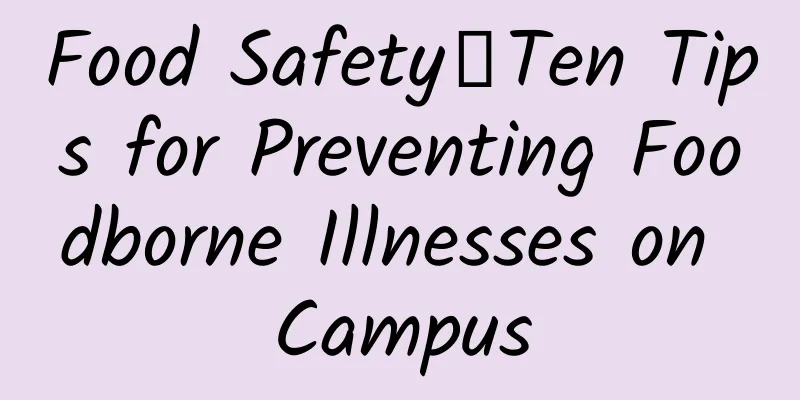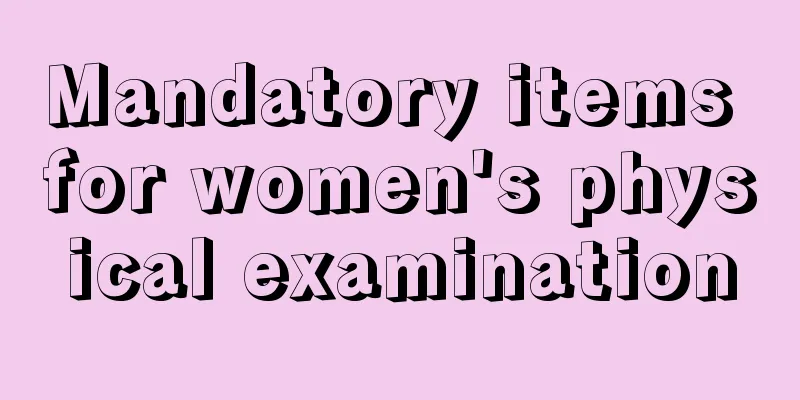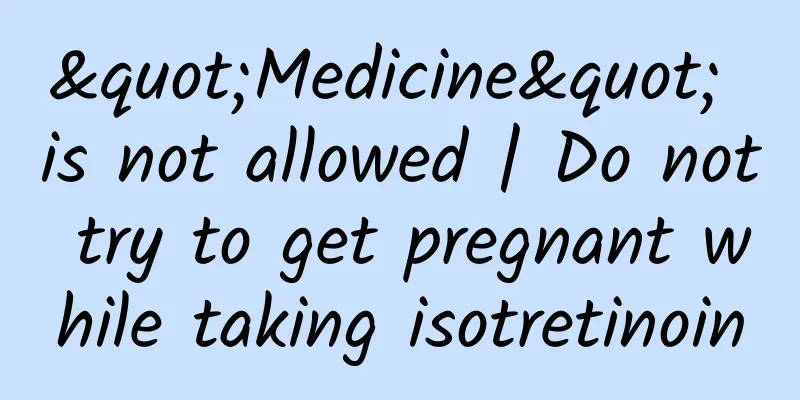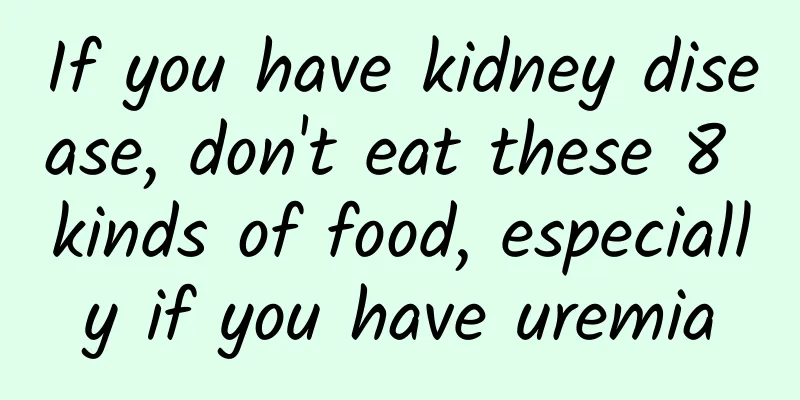Food Safety丨Ten Tips for Preventing Foodborne Illnesses on Campus

|
1. When buying food, you should pay attention to whether the food packaging has the manufacturer, production date, whether it has exceeded the shelf life, whether the food ingredients and nutritional ingredients are marked, and whether there is a QS mark. Do not buy food with incomplete labels such as no factory name, no factory address or no shelf life. 2. Before opening the food package or while eating, if you find any abnormal sensory characteristics, you should stop eating immediately. 3. Do not patronize unlicensed mobile stalls or restaurants with poor hygiene conditions; do not buy or consume low-quality food and drinks sold by street vendors. These low-quality foods and drinks often do not meet hygiene standards and are harmful to health. 4. Do not eat food of unknown origin, cooked food that has been left at room temperature for more than 2 hours, or leftover food. 5. Do not eat food that is rotten, rancid, dirty, moldy, infested with insects, or contains any other harmful or toxic substances. When food rots, it will taste sour, bitter, and emit a strange smell. This is caused by the proliferation of bacteria. Eating these foods can cause food poisoning. 6. Do not eat wild vegetables and fruits casually. There are many kinds of wild vegetables and fruits, some of which contain toxins that are harmful to the human body. It is difficult for inexperienced people to distinguish them clearly. Only by not eating wild vegetables and fruits casually can you avoid poisoning and ensure safety. 7. Fruits and vegetables that are eaten raw or directly should be washed thoroughly with clean water and peeled as much as possible. Fruits and vegetables are not only contaminated with germs, viruses, parasite eggs, but also residual pesticides and insecticides during their growth. If they are not washed thoroughly, they may not only contract diseases, but also cause pesticide poisoning. 8. Eat less fried, deep-fried, grilled foods, as well as hamburgers, instant noodles, carbonated drinks and other high-fat, high-salt, high-sugar foods to reduce the risk of chronic diseases. 9. Do not drink unclean water or unboiled tap water; it is difficult to tell whether the water is clean with the naked eye. Clear and transparent water may also contain bacteria and viruses. It is safest to drink boiled water. 10. Pay attention to personal hygiene. Wash your hands before and after meals to remove germs, viruses and parasite eggs that may be contaminated on your hands, and reduce the possibility of "disease from the mouth"; it is recommended to use public chopsticks and spoons, wash and disinfect your own tableware, and do not use unclean containers to hold food. |
<<: Safe medication: Demystifying the misunderstandings about the use of growth hormone in children
>>: Food Safety | Emergency Measures after Food Poisoning
Recommend
What causes melasma in women?
Chloasma is a very common spot that many people h...
What to do if you have lower abdominal pain during menstruation
We often hear the words "irregular menstruat...
The emergency department is not a "night clinic"! When a sudden illness occurs, you should do this
Author: Ying Jusu, Chief Nurse, Peking University...
How long after chocolate cyst surgery can I have sex?
Key reminder: Chocolate cyst is a major manifesta...
Long streaks of blood during menstruation
Adult women normally have their menstrual period ...
How should chronic vulvitis be treated?
Private itching is a problem that bothers many wo...
What causes vaginal discharge to turn black?
Abnormal vaginal discharge in women is the main s...
Three Treasures of Traditional Chinese Medicine Help Children to Have a Healthy Spleen and Stomach
In daily life, children with poor spleen and stom...
Why is my period black at the beginning?
Why is the menstrual blood gray and black at the ...
Should I wash the dishwasher empty for the first time? Why don't dishwashers have drying functions?
Dishwashers are mainly used to clean the surfaces...
What does it mean for a woman with a mole on her ear?
The ear is a way for our body to listen to the ou...
Does a small breast have milk?
The size of every woman's breasts is related ...
How many days after sex can I use a test strip to detect pregnancy
The emergence of special tools such as pregnancy ...
What should I do if I get hemorrhoids during pregnancy?
When women are pregnant, their body's resista...
What are the types of plank support? Why does the plank support cause shaking?
In fact, the longer you do the plank, the better....









